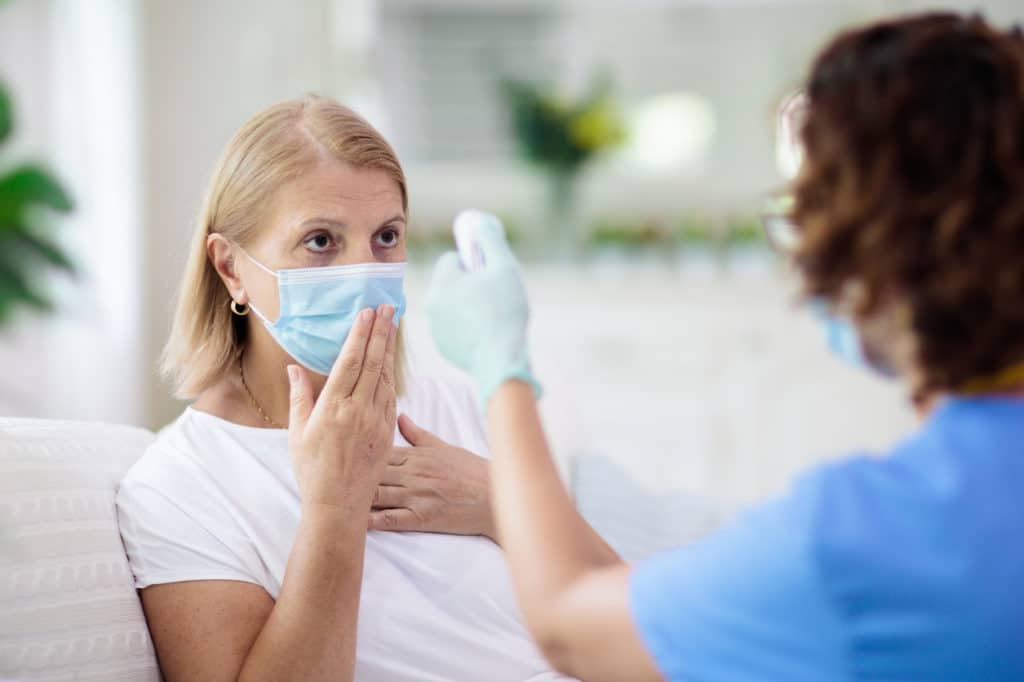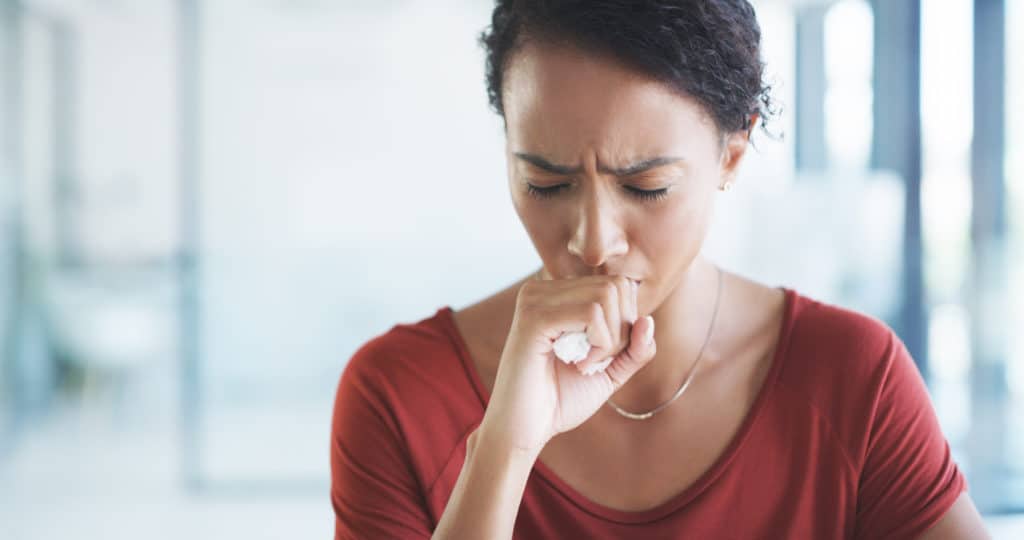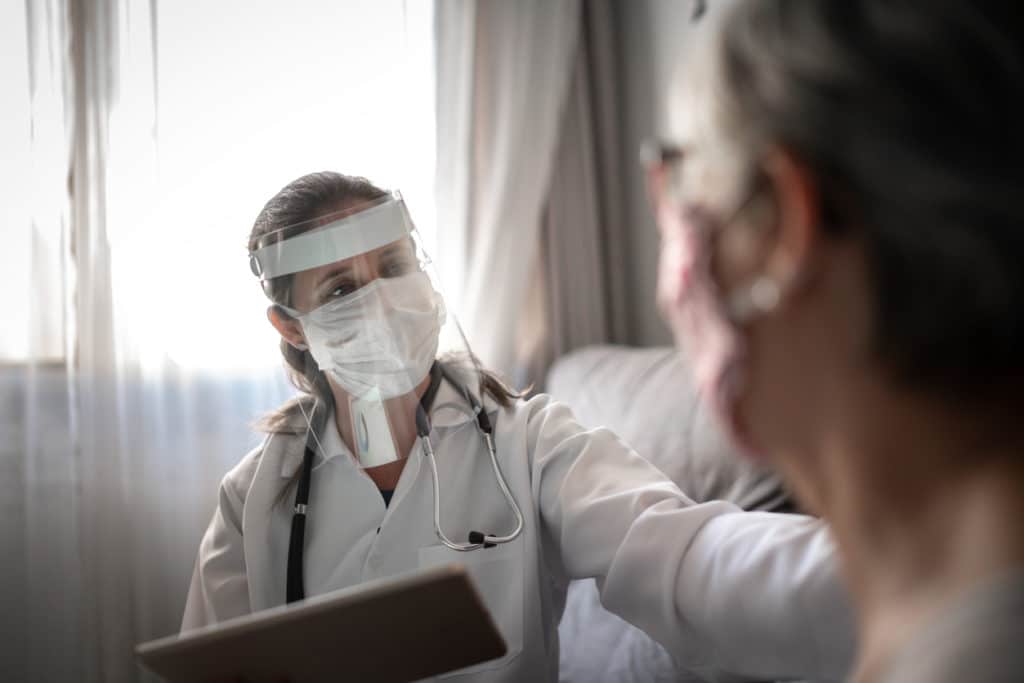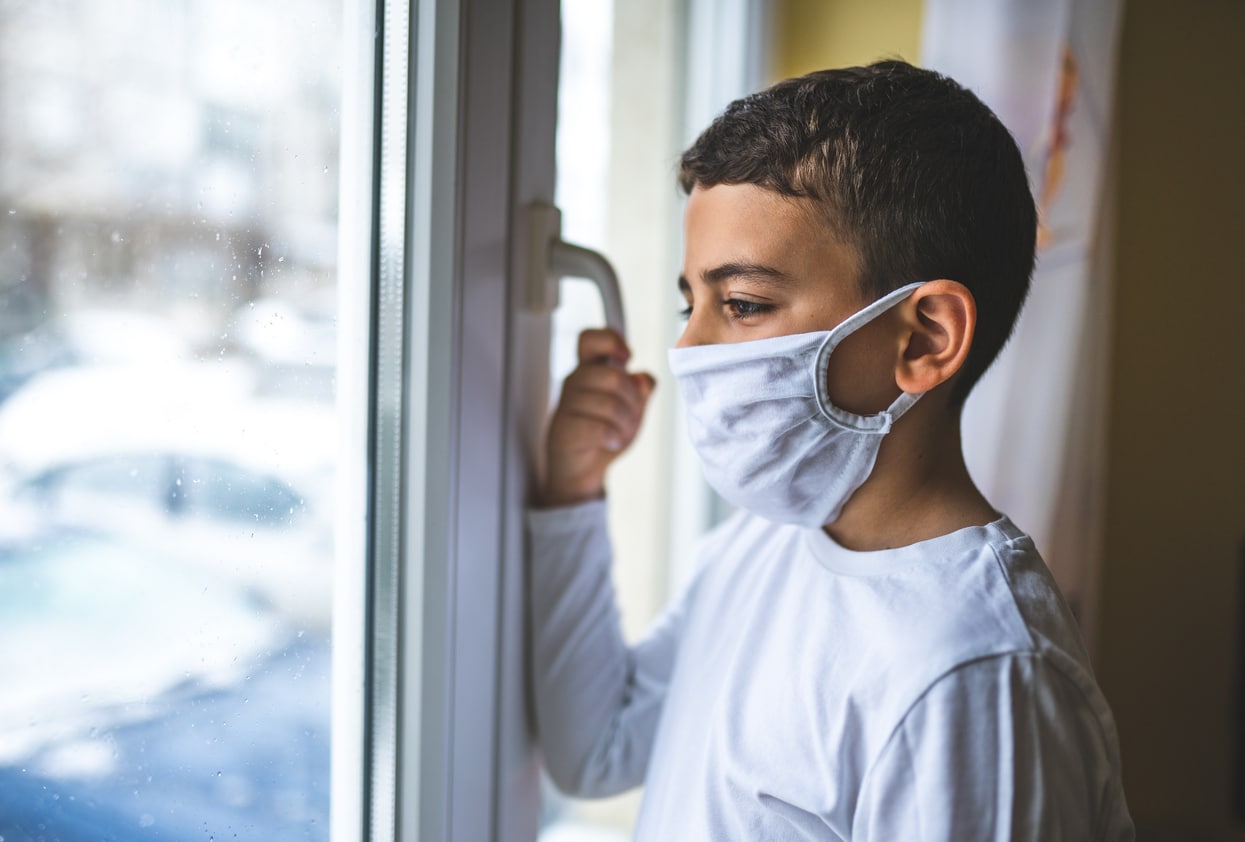In this current coronavirus pandemic, the WHO and the CDC have identified groups of people who are “at risk” for severe COVID-19 disease: adults older than 60 years old, people of any age with underlying medical conditions, and those who are immunocompromised. But what does it mean to be immunocompromised? And how do folks know if they are?
What is the definition of “immunocompromised”?
Being immunocompromised means that your immune system is weakened, either by a disease or by a medication. It means you are more likely to get an infection and more likely to have a severe illness if you are infected than someone who has an immune system that is working well (this is known as being immunocompetent).
You can become immunocompromised in different ways, either through immunosuppression or through an immunodeficiency.
- Immunosuppression is when your immune system is deliberately weakened with medications, for example, after an organ transplant.
- Immunodeficiency is when the body cannot produce enough of certain blood cells to defend against infection. You can be born with an immunodeficiency (also known as a primary immunodeficiency), or you can get an immunodeficiency later in life due to an illness or medication (also known as a secondary immunodeficiency).

What diseases and medications can cause you to become immunocompromised?
Some people are born with a primary immunodeficiency, and a healthcare provider will usually pick this up when the individual is still a child. If this is you, you will know about it.
Secondary, or acquired, immunodeficiency is the much more common kind in adults. It can be caused by life events, diseases, and medications. Here’s a pretty complete list of the causes of secondary immunodeficiency:
- Any type of cancer can make you immunodeficient, like solid (organ) cancers and blood cancers such as Hodgkin’s disease, leukemias, and myelomas
- Chemotherapy or radiation therapy for cancer
- Medications that treat autoimmune diseases (for example, corticosteroids, cyclosporine, methotrexate, azathioprine, and biologic therapies like rituximab and etanercept, to name just a few)
- Any infections, including bacterial infections, mycobacterial infections (such as tuberculosis), and viral infections (for example, HIV/AIDS, measles, herpes, glandular fever (EBV), CMV, and chickenpox)
- Chronic diseases like diabetes type 1 or type 2, kidney failure, liver cirrhosis, and liver failure
- Malnutrition
- Autoimmune conditions such as lupus (SLE) and rheumatoid arthritis
- Extensive burns
- Exposure to environmental toxins (like radiation and toxic chemicals)
- Having no spleen function due to not having a spleen (asplenia) or reduced spleen function (hyposplenism), which can happen because of physical trauma or sickle cell disease, among other causes
- Pregnancy
- Aging
- Stress
- Tobacco smoking and alcoholism
And then there are those medications that are prescribed to deliberately make you immunosuppressed, when you need your immune system to be forgiving. Examples include:
- Medications that destroy the bone marrow before a transplant
- Medications to prevent or treat graft-versus-host disease, a rare and serious condition that can happen after bone marrow transplant when donor cells attack the recipient’s cells
- Medications that prevent or treat rejection after an organ transplant (for example, mycophenolate, tacrolimus, or cyclosporine)

What are some symptoms of being immunocompromised?
Most people who are immunocompromised will know they are because their healthcare provider told them so, either during childhood or as they were managing a serious medical condition.
Being immunocompromised is not an all-or-nothing thing. Some people have mild symptoms; others have life-threatening ones. Here are some of the symptoms of a weakened immune system:
- Having more frequent infections
- Having more serious infections
- Having rare infections that people normally wouldn’t get
- Taking longer to fight off common infections
If you think you might be immunocompromised, you’ll need a thorough consultation with a physician, a physical examination, and a range of lab tests to diagnose the problem. If lab tests show you are immunocompromised, your provider will want to find the cause. This can involve many more tests, depending on your own individual circumstances and what your care team thinks might be going on.
Should I wear a face mask in public if I’m immunocompromised?
The CDC now recommends that everyone wear cloth face coverings in public settings where social distancing can be difficult (for example, in grocery stores and pharmacies.) People should also wear a face mask if they are looking after someone who has or could have COVID-19.
For your own safety, you should not be taking care of someone who is sick, and you should avoid being in public as much as possible right now. If you’re not sure if you are immunocompromised, check the list of causes above. If you have one of the conditions listed or think you might, check with your provider about whether you are “at risk” for severe COVID-19.
There is a world-wide shortage of masks, so please use them sparingly.

What do people who are immunocompromised need to know about the coronavirus (COVID-19)?
The coronavirus SARS-CoV-2 is a respiratory virus which can cause serious lung infections. Other lung viruses, such as the flu virus, can make people with weak immune systems seriously unwell. There is no reason to assume that COVID-19 is any different.
That’s why people with a weakened immune system need to be extra careful in the face of the current pandemic.
Here are our recommendations if you are immunocompromised:
- Continue to take your regular medications as prescribed to stay healthy and out of the hospital.
- Make sure you have an emergency supply of your medications.
- If you normally go to the hospital for treatment, continue to go unless you hear otherwise. If you have been in close contact with someone who has been unwell, phone the hospital before your appointment so that they can keep staff and other patients safe.
General recommendations for being prepared during COVID-19
Here are some general recommendations for all “at risk” people during the COVID-19 pandemic:
- Stock up on supplies in case you need to self-isolate (a 14 to 30 day supply)
- Stay at home and practice social distancing from those you do not live with (keeping a distance of about 6 feet between you and others).
- Ask those you live with to practice social distancing to keep you safe.
- If you need to contact your health care provider or other services, use the phone.
- Stay home, and avoid non-essential travel and crowds.
- Avoid people who are ill. If someone in your home is sick, stay away from them.
- Avoid sharing personal household items such as cups and towels.
- Wash your hands with soap and water after using the toilet, before eating, and in between.
- Clean and disinfect your home and car regularly, especially items you touch often like doorknobs, light switches, cell phones, keyboards, taps, car door handles, and steering wheels.
- Brush your teeth at least twice a day. The mouth can be a source of infection.
- Eat a healthy, balanced diet to boost your immune system.
- Be physically active by walking every day (avoiding groups or crowds).
- Get enough sleep.
- Manage stress and worry. Stress and worry are normal responses, but they can weaken your immune system. Try meditation, yoga, a gentle walk, or a creative hobby. Find what works for you.
This article originally appeared on GoodRx.com

Dr. Sophie Vergnaud, MBBS
Clinical Physician
Clinical expert on the GoodRx Research team. She specializes in pulmonology and all things internal medicine.


